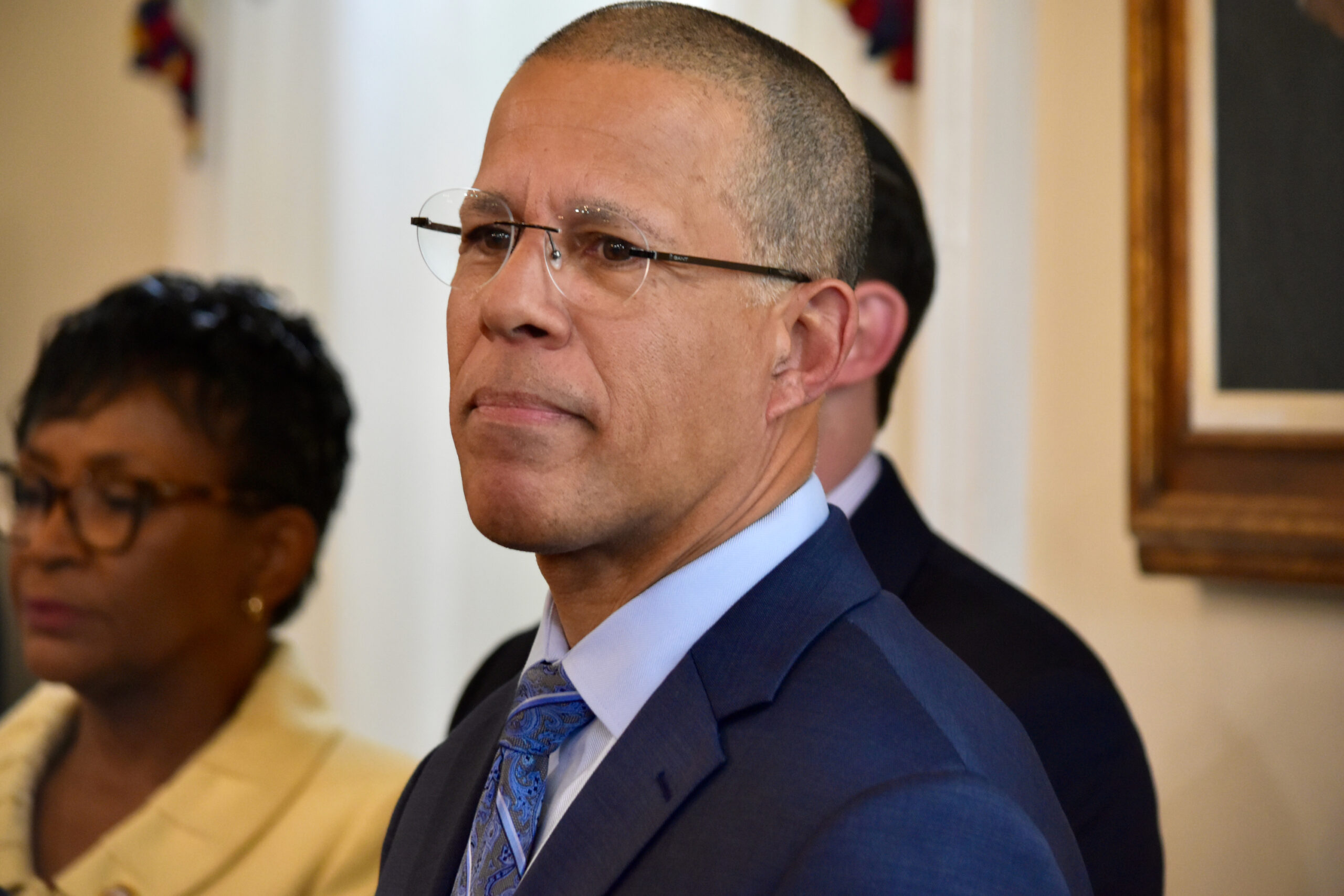A federal judge ruled Tuesday that a citizenship question should not be included in the 2020 Census, in a lawsuit joined by Maryland Attorney General Brian Frosh (D) who argued that the question would depress federal funding to the state and diminish representation in Congress.
It is the first major ruling on the issue, which has been challenged in multiple courts.
On Twitter, Frosh said the question was “an attempt by the Justice Department to undermine democracy, jeopardize millions in federal funding and depress MD’s representation in Congress.”
The lawsuit alleged that demanding citizenship information would depress census turnout in states with large immigrant populations, threatening those states’ representation in Congress and the Electoral College, as well as decreasing federal appropriations for education, infrastructure, Medicaid and other programs.
“The Trump administration’s decision to demand citizenship information is an attempt to intimidate voters and to suppress the vote,” Frosh said, when the suit was filed in April. “… This maneuver will not withstand constitutional scrutiny.”
Non-citizens are counted as part of the Census Bureau’s constitutional obligation to count “the whole number of persons in each state.”
On Dec. 12, 2017, the U.S. Department of Justice requested that the Census Bureau ask citizenship information in the 2020 Census form sent to every household in the United States.
The Department of Justice argued that the collection of such information was necessary to ensure proper enforcement of the 1965 Voting Rights Act.
But the attorneys general challenged the question under the Enumeration Clause of the Constitution and the Administrative Procedure Act, which allows courts to set aside unlawful or arbitrary and capricious agency decisions.
Past attempts to include a citizenship question in the census have been unsuccessful.
In 1980, the Census Bureau rejected the addition of a citizenship question, saying, “any effort to ascertain citizenship will inevitably jeopardize the overall accuracy of the population count. Obtaining the cooperation of a suspicious and fearful population would be impossible if the group being counted perceived any possibility of the information being used against them,” according to the attorney general’s office. “Questions as to citizenship are particularly sensitive in minority communities and would inevitably trigger hostility, resentment, and refusal to cooperate.”
In an opinion filed Tuesday, U.S. District Court Judge Jesse M. Furman agreed that “hundreds of thousands — if not millions — of people will go uncounted in the census if the citizenship question is included.”
Furman also wrote that Commerce Secretary Wilbur Ross’ decision to add a citizenship question was “arbitrary and capricious.”
Furman wrote that the secretary failed to consider several important aspects of the problem; ignored, cherry-picked or badly misconstrued the evidence in the record before him; acted irrationally both in light of that evidence; and failed to justify significant departures from past policies and practices — “a veritable smorgasbord of classic, clear-cut APA violations.”
The case is likely to be appealed by the Trump administration, which faces other legal challenges to the citizenship question in California, Washington, D.C., and in Maryland, where cases filed by community groups and residents are still pending.
The lawsuit joined by Frosh was filed in the U.S. District Court for the Southern District of New York.
The lawsuit was led by New York Attorney General Eric Schneiderman, who was joined by the attorneys general of Connecticut, Delaware, Illinois, Iowa, Maryland, Massachusetts, Minnesota, New Jersey, New Mexico, North Carolina, Oregon, Pennsylvania, Rhode Island, Virginia, Vermont, Washington and the District of Columbia. Other plaintiffs included the cities of New York, Chicago, Philadelphia, Providence, San Francisco and Seattle; and the bipartisan U.S. Conference of Mayors.
In Washington, Rep. Elijah E. Cummings (D-Md.), chairman of the Committee on Oversight and Reform, released a statement following the court’s decision.
“The court’s ruling today is stunning — it concludes that Secretary Wilbur Ross not only violated the law when he added a citizenship question to the 2020 Census, but that he also actively concealed the true basis for his decision. The Constitution requires the Census to count every single person in our country, and Secretary Ross’s actions raise grave concerns about the Trump Administration’s covert efforts to distort a fair and accurate count,” Cummings said.
Baltimore Mayor Catherine Pugh (D) issued a statement supporting the legal challenge.
“The defeat of this attempt to undercount our residents is not only welcome but a cause for celebration,” she said. “… While the legal battles to remove the Citizenship question are not over, I remain committed to ensuring that every Baltimorean is counted and can confidently participate in the upcoming Census.”




 Creative Commons Attribution
Creative Commons Attribution